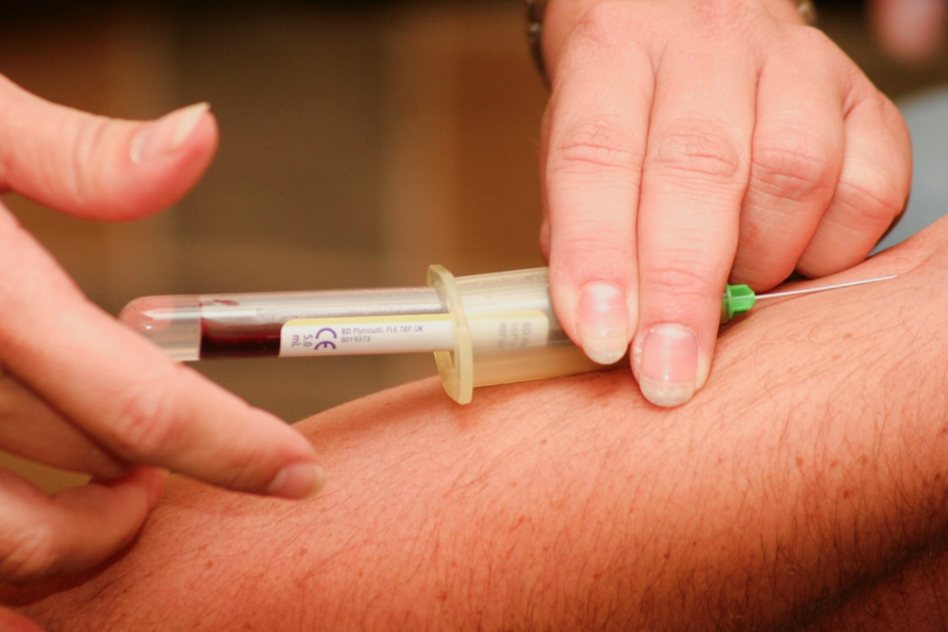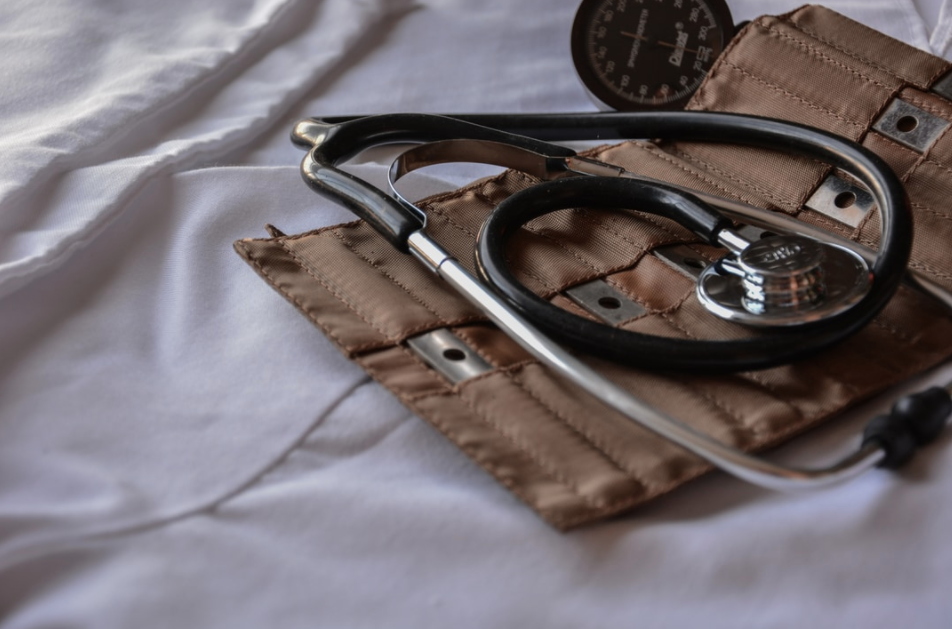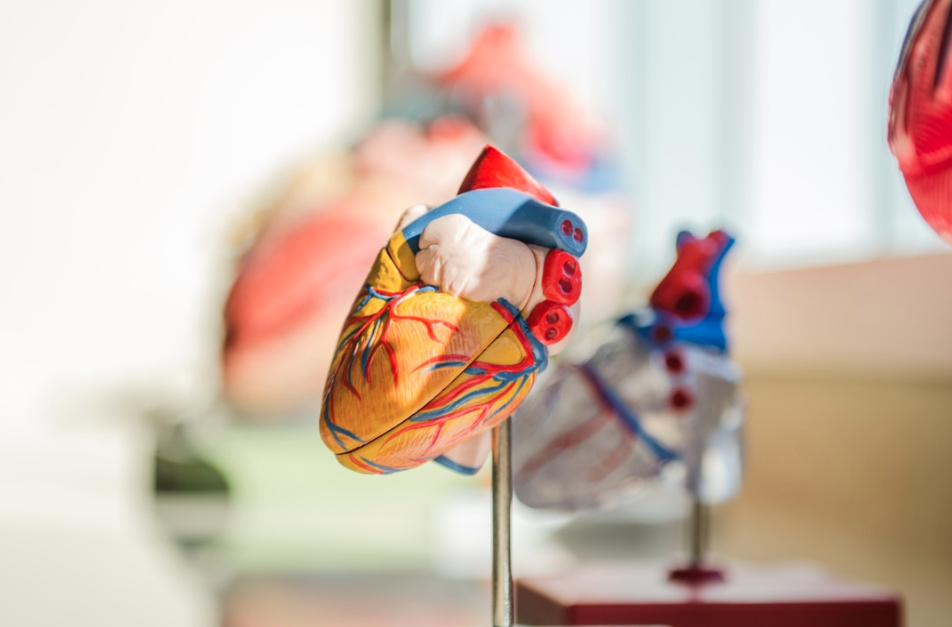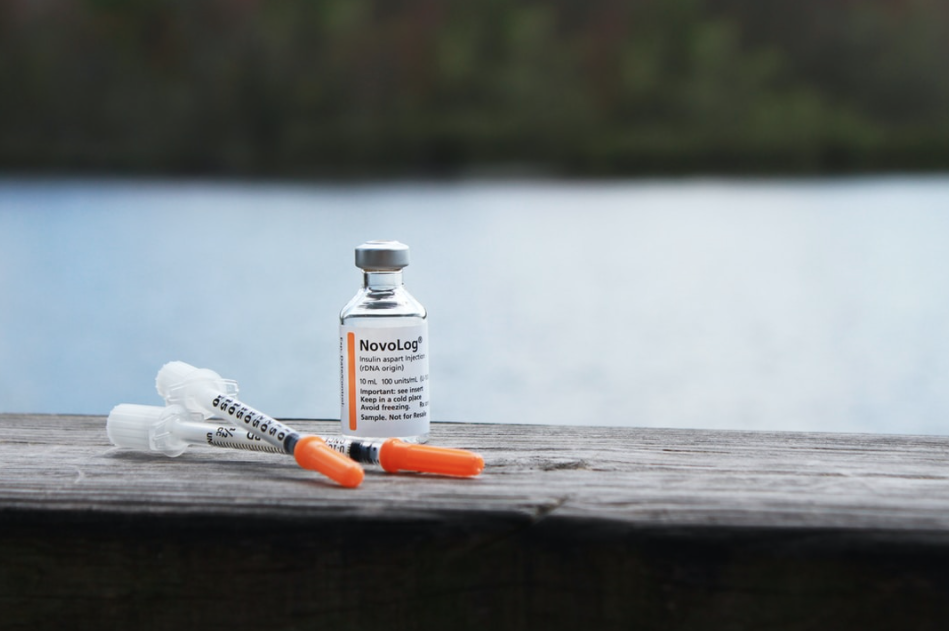As a person without any known heart disease, it can be tricky to know when to see a cardiologist or heart specialist. Some people will wait until they’re having a heart attack or experiencing severe heart health issues. However, it’s essential to make regular visits to see a skilled cardiologist.
If you don’t have a specialist cardiologist, you can always get a referral from your healthcare provider or simply Google “the best cardiologist near me.” However, if you still can’t find one, pick any qualified cardiologist of your choice and confirm if they have provision for video visits. On that note, here are four signs you need to visit your cardiologist.
1. High Cholesterol Levels
Contents

A person with high cholesterol levels may not know unless they visit a primary care doctor. This is because it shows no symptoms. However, if after seeing the doctor and you’re notified of a high cholesterol level, your next stop should the doorstep of a skilled cardiologist. Cholesterol is a fatty substance found in various foods. It helps your body build new cells, produce hormones, and insulate nerves. Under normal circumstances, the liver can make all the cholesterol the body needs besides what gets into your body from animal-based foods like meat, milk, or egg.
Taking these foods in excess is the primary cause of high cholesterol.
High cholesterol puts you at risk of having cardiovascular diseases like peripheral vascular disease and heart failure. Treatment options for high cholesterol levels include maintaining a healthy lifestyle. The primary goal is to reduce the amount of trans fat, saturated fats, and sugars to help lower your blood cholesterol level.
2. High Blood Pressure

Also known as hypertension, high blood pressure happens to be a common disease that affects the cardiovascular system. Just as too much air can cause damage to a tire, high blood pressure hurts your arteries and can cause life-threatening conditions like stroke. Typically, the risk of high blood pressure increases with age; however, other factors like race play a role. For instance, this study shows that African-Americans have a higher risk of hypertension.
One of the most dangerous signs of high blood pressure is that you may not know you have it. However, if you’re above forty and working a stressful job, there’s nothing wrong with taking a stress test occasionally. This will help you keep track of your blood pressure and adjust accordingly by changing your diet and lifestyle choices. For starters, you may want to reduce the amount of salt in your food as there’s a link between salt and hypertension.
3. Constant Chest Pains.

Chest pain is typically one of the first signs of heart attack, but this doesn’t mean that all chest pains indicate trouble. However, if the pain increases and travels to other parts of your body like the arms, neck, jaw, and back, it could be an early sign of heart disease. Additionally, if you know a family member who also has a heart condition, you should take this seriously as some heart diseases like peripheral artery disease (PAD) are genetic. A cardiologist can help guide you on the right treatment plan to avoid it from erupting into a life-threatening emergency.
4. You Have Diabetes

Unfortunately, there happens to be a strong correlation between diabetes and heart diseases. Over time, high blood sugar can cause damage to your blood vessels and control nerves, leading to heart failure. Heart failure doesn’t mean your heart stops beating. Instead, it means your heart can’t function optimally and pump blood. This tends to worsen over time, leading to fluid build-up in your lungs and swelling of the feet.
Suppose you have diabetes or a history of diabetes in your family; in that case, you should make time to visit a cardiologist to help determine what preventive measures to take to stop the condition from getting worse.


